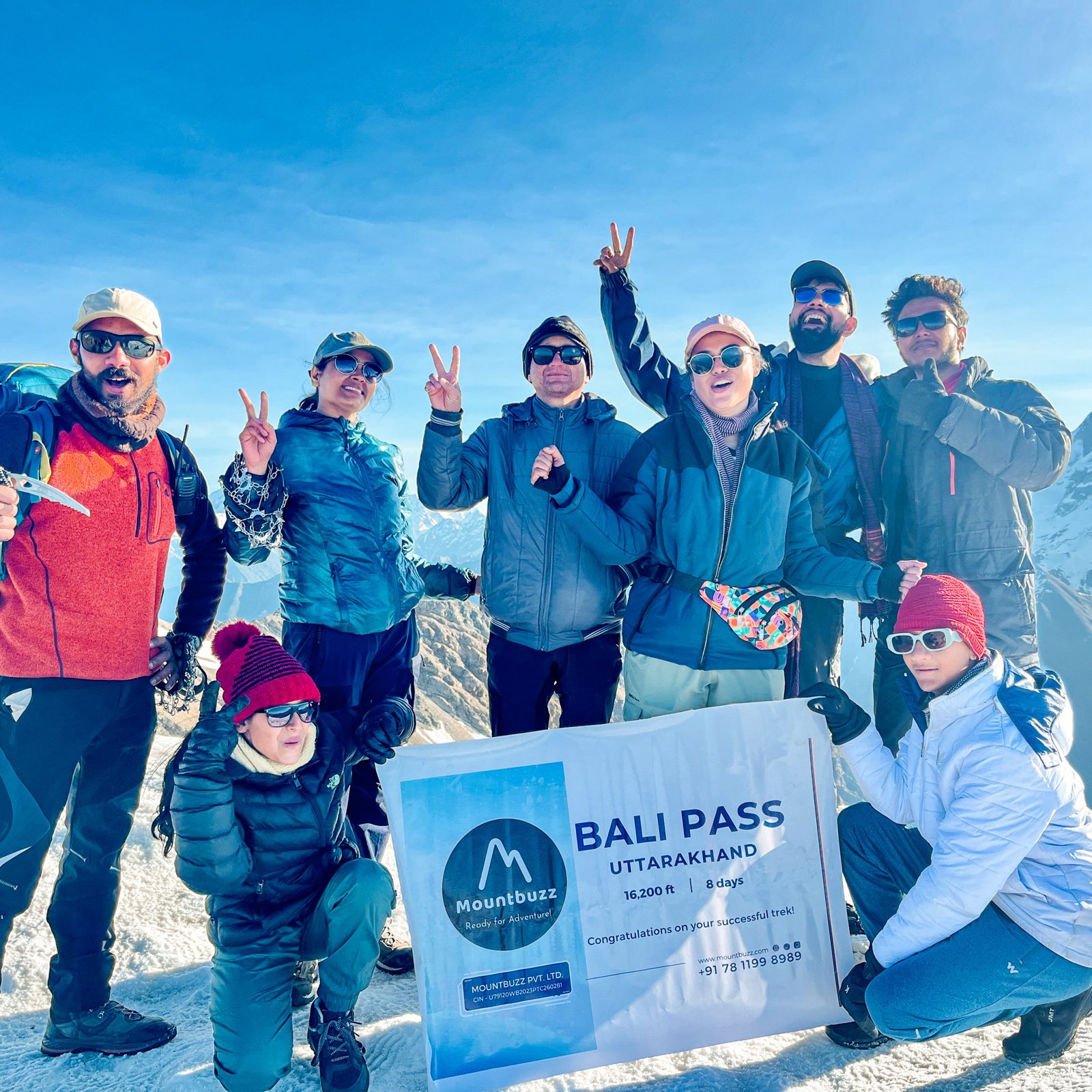Trekking is one of the most rewarding ways to explore nature, challenge yourself physically, and immerse in stunning landscapes. Whether you’re climbing Himalayan peaks, traversing tropical rainforests, or exploring rugged alpine trails, the allure of the trail is undeniable. But before you lace up your hiking boots and set off, there’s one crucial factor to consider—should you go with an expert guide? The answer is a resounding yes, and here’s why.
In this blog, we’ll explore the importance of trekking with an expert, the risks of going solo, and how professional guides enhance your trekking experience. This is your complete guide to why a guided trek is the smarter, safer, and more enriching choice.
1. Safety First: Avoid Common Trekking Risks
One of the biggest advantages of going with an expert is safety. Trekking in unfamiliar terrain comes with inherent risks—altitude sickness, getting lost, wildlife encounters, weather changes, and even injury. An expert guide is trained in:
- First aid and emergency response
- Navigation and route planning
- Recognizing and responding to symptoms of altitude sickness
- Managing group dynamics in challenging conditions
By trekking with an expert, you significantly reduce the risk of accidents and emergencies. In high-risk environments like the Himalayas or Andes, having a professional guide can mean the difference between a successful trek and a life-threatening situation.
2. Local Knowledge and Cultural Insight
Expert guides often come from the regions where they work. This means they offer deep knowledge of local culture, customs, and environment. They can:
- Explain the history and significance of landmarks
- Introduce you to local communities and traditions
- Translate local languages and help with interactions
- Share hidden spots and off-the-beaten-path detours
Trekking becomes more than just a physical journey—it becomes a cultural and educational experience. You gain insights that you would never get from a guidebook or GPS.
3. Navigation and Logistical Support
Planning a trek involves much more than just choosing a trail. An expert handles:
- Route planning and trail selection
- Accommodation booking (tea houses, tents, lodges)
- Permits and paperwork
- Transportation and porter arrangements
- Meal planning and hydration strategies
Instead of juggling logistics, you can focus on the experience. A guide ensures everything runs smoothly so you can truly enjoy your time on the trail.
4. Customized Experience for Every Skill Level
Not all treks are created equal. An expert can assess your fitness level, trekking experience, and interests to recommend or tailor a route that suits you best. Whether you’re a beginner or seasoned hiker, a guide helps:
- Adjust the pace of the trek
- Offer alternative paths or side hikes
- Provide technical support when needed
- Motivate and encourage you during tough stretches
This personalized guidance ensures you get the most out of the adventure—without feeling overwhelmed or under-challenged.
5. Conservation and Ethical Trekking
A seasoned trekking guide promotes responsible travel and ecological awareness. They:
- Ensure proper waste disposal
- Respect local customs and wildlife
- Support local economies by hiring local porters and using community-based accommodations
- Teach trekkers about Leave No Trace principles
Trekking with an expert often means supporting sustainable and ethical tourism, which helps preserve these stunning destinations for generations to come.
6. Peace of Mind and Mental Comfort
Going with a guide relieves the mental burden of uncertainty. With an expert at your side, you know:
- Someone is there to handle unexpected situations
- You won’t get lost or take the wrong route
- You’ll have access to help if something goes wrong
This peace of mind allows you to stay present and truly enjoy the journey, instead of constantly worrying about logistics or safety.
7. Boost Your Trekking Skills
Trekking with an expert is also a learning opportunity. You can:
- Learn trekking techniques and tips
- Improve navigation and outdoor survival skills
- Get insights into gear and packing
- Ask questions about terrain, weather, and ecology
By the end of the trek, you’ll come away more experienced and confident in your outdoor abilities.
Conclusion: An Investment Worth Making
While it might be tempting to save money by going it alone, the value of a professional trekking guide is undeniable. From enhanced safety and logistical ease to cultural insight and ecological responsibility, experts transform a trek into a once-in-a-lifetime adventure.
So the next time you plan a trek—whether it’s Everest Base Camp, the Inca Trail, Kilimanjaro, or your local mountain range—go with an expert. You won’t just reach the destination. You’ll enjoy every step of the journey, knowing you’re in good hands.



0 Comment